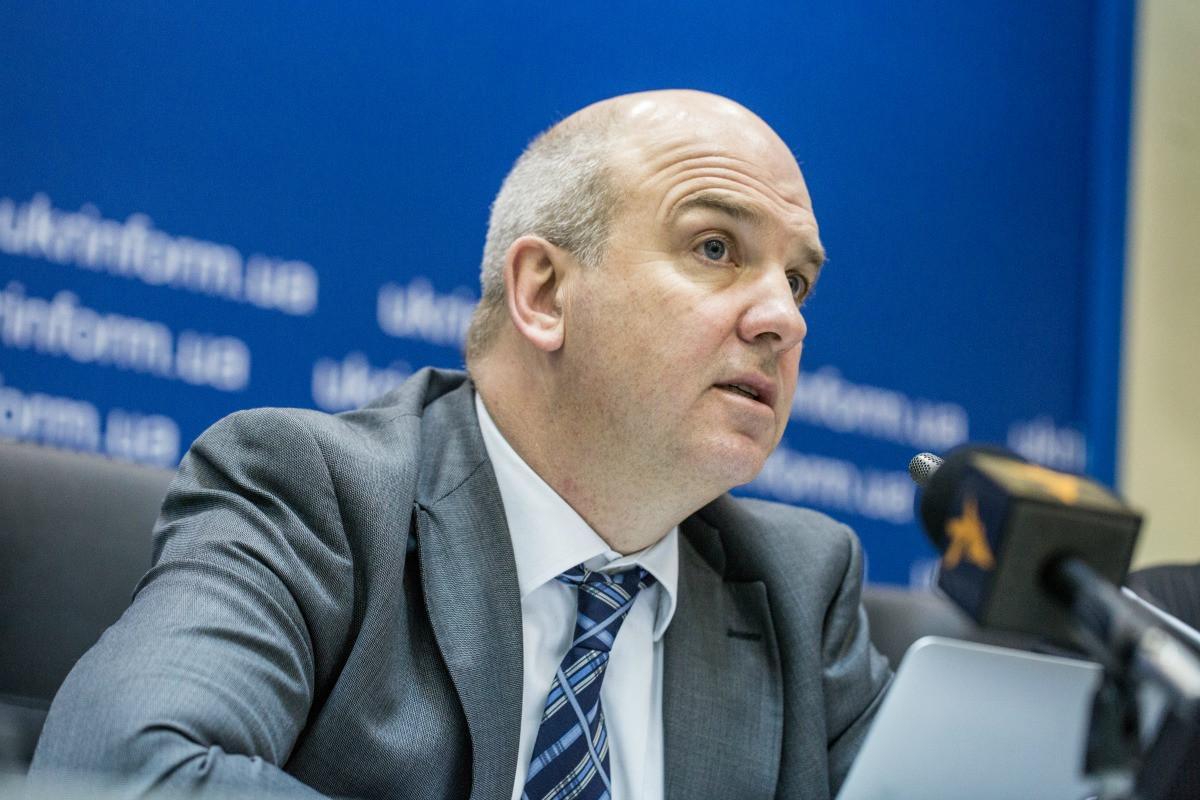
A recently submitted report by Nils Muižnieks, Council of Europe’s Commissioner for Human Rights, to the European Court of Human Rights (ECHR) has indicated that the detention and prosecution of journalists in Turkey was “prone to arbitrary application due to their vague formulations,” daily Cumhuriyet wrote on Oct. 18.
“Certain criminal provisions on the security of the state and terrorism are prone to arbitrary application due to their vague formulation and the overly broad interpretation of the concepts of terrorist propaganda and support for a terrorist organization, including to statements and persons that clearly do not incite violence,” Muižnieks said in the report submitted to the ECHR on Oct. 10.
The commissioner’s report came after he intervened in the cases against jailed Turkish journalists, to which the ECHR has agreed to give priority and demanded Turkey’s defense.
His request covers the cases against daily Cumhuriyet Editor-in-Chief Murat Sabuncu, along with the cases of journalists Ahmet Şık, Murat Aksoy, Mehmet Altan, Ahmet Altan, Nazlı Ilıcak, Şahin Alpay, Deniz Yücel and singer Atilla Taş.
In the wake of last year’s failed coup, the employees of many publications and media organs were detained on terrorism charges.
The outlawed Kurdistan Workers’ Party (PKK), the Revolutionary People’s Liberation Party-Front (DHKP-C), and the Fethullahist Terrorist Organization (FETÖ) were among the groups named in the indictments in the cases of the daily Cumhuriyet staff.
“In the aftermath of the attempted coup d’etat, many journalists have faced unsubstantiated terrorism-related charges under such provisions in connection with their legitimate exercise of the right to freedom of expression,” Muižnieks said in his report, emphasizing that Turkey was violating the Article 10 of the European Convention on Human Rights, which provides the right to freedom of expression and information.
“Although freedom of expression may be legitimately curtailed in the interests of national security, territorial integrity and public safety, those restrictions must still be justified by relevant and sufficient reasons and respond to a pressing social need in a proportionate manner,” Muižnieks said, citing a judgment of the ECHR in another decision handed this year.